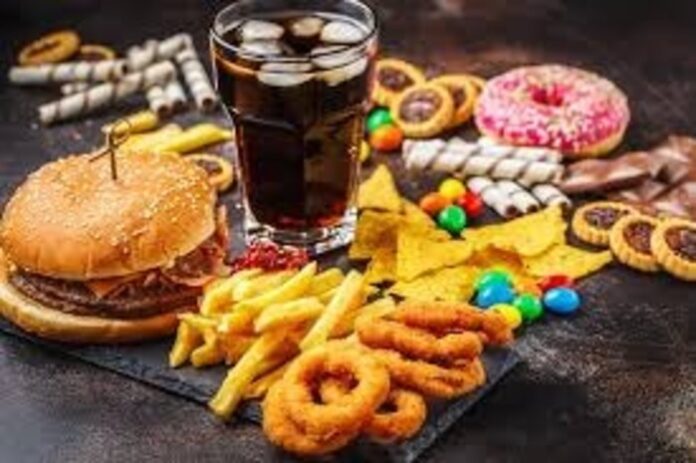The food you eat may slow down the healing process.
Typhoid fever is a serious illness caused by a bacteria called Salmonella Typhi, which spreads through contaminated food or water.
People who have suffered from typhoid fever experience symptoms like high fever, stomach pain, weakness, and loss of appetite.
Even after recovery, your digestive system might still be weak and sensitive. This means that what you eat can make a big difference in how quickly you recover.
After battling typhoid fever, you need to follow a specific diet to avoid any setbacks or worsening of your condition. Some foods can irritate your stomach and make it harder for you to heal.
If you love spicy food, you might need to pause your cravings for a while after typhoid fever. Spices like chilli, pepper, and hot sauces can irritate your already weakened digestive system.
These foods can cause stomach discomfort, bloating, and even diarrhoea, making it harder for your body to recover from the illness. Stick to mild flavours and avoid spicy ingredients in your meals.
Once your stomach is stronger, you can slowly reintroduce spices, but until then, keep them out of your diet.
Fried foods, such as fries, doughnuts, and fried chicken, are loaded with unhealthy fats that can be tough on your digestion. After typhoid, your digestive system needs gentle, easy-to-digest foods.
Eating greasy, oily foods can cause indigestion, making it harder for you to recover. Instead of frying, opt for baking, steaming, or boiling your food. These cooking methods help retain nutrients and are kinder to your stomach.
While fibre is generally good for digestion, it can be too much for a sensitive stomach recovering from typhoid fever.
Foods like raw vegetables, whole grains, and legumes (beans, lentils) are high in fibre and may cause gas and bloating, putting extra pressure on your digestive system.
You should aim for foods that are easy to digest and won’t upset your stomach. Cooked vegetables, refined cereals, and peeled fruits are gentler options while you recover.
After typhoid fever, some people may experience temporary lactose intolerance, which means their body struggles to digest lactose—the sugar found in dairy products.
Milk, cheese, and cream can cause bloating, gas, and diarrhoea if your digestive system is still weak. Instead of dairy, consider non-dairy alternatives like almond milk or oat milk.
These are easier on your stomach and still provide some nutrients.
Processed foods like packaged snacks, canned goods, and frozen meals are often filled with preservatives, artificial ingredients, and high amounts of salt and sugar. These foods offer little nutritional value and can slow down your recovery.
They also tend to be harder to digest, which can stress your weakened digestive system. Stick to fresh, whole foods like fruits, vegetables, and lean proteins to give your body the nutrition it needs to heal.

